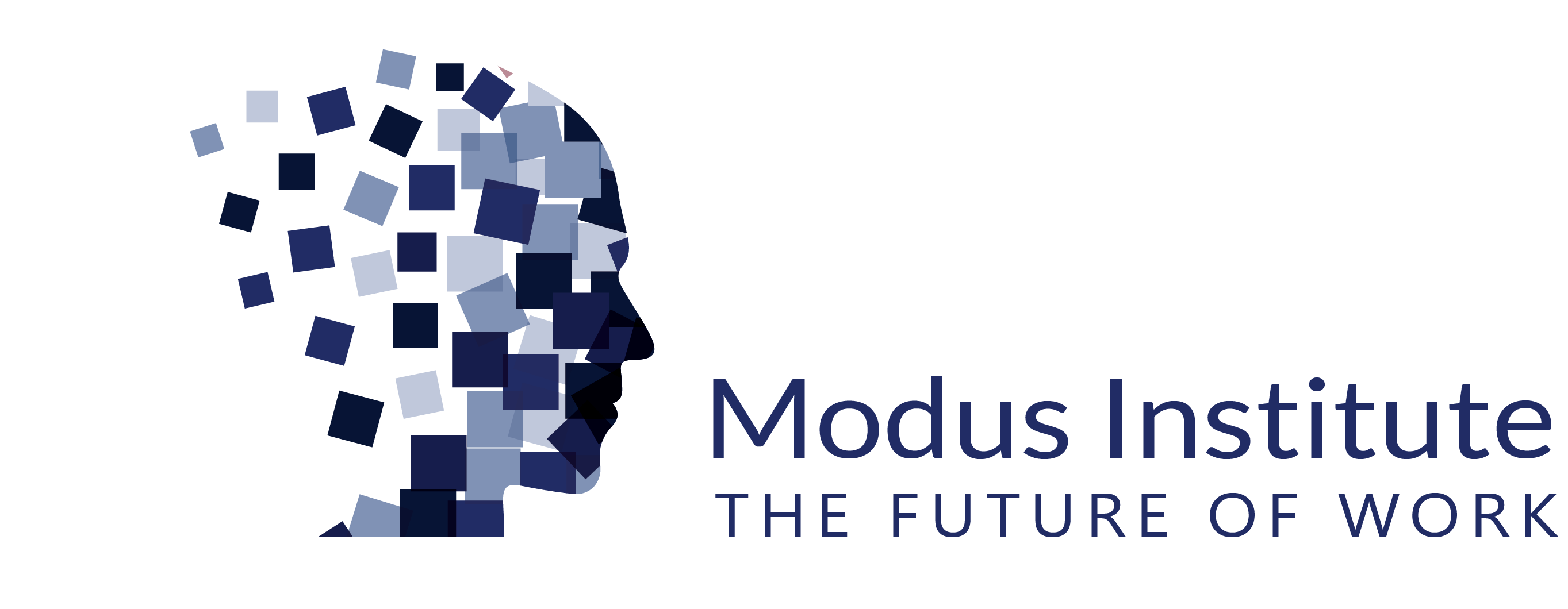May 26
/
The Collaborwocky Team
Collaborwocky Ep010 - Agile Retrospectives 2nd Ed. with Diana Larsen
Write your awesome label here.
Diana Larsen Unveils the New Edition of "Agile Retrospectives"
In this episode of the Collaborwocky podcast, author Diana Larsen (web, linkedin, mastodon) joins Dave Prior, Tonianne DeMaria, Jim Benson, and Mark Kilby chat about the new edition of "Agile Retrospectives." In addition, the conversation delved into the updates, challenges, and differences in the latest edition, as well as insights from her book "Lead Without Blame" and her experiences facilitating leader circles.
Key Takeaways
Key takeaways from the podcast include:
- The second edition of "Agile Retrospectives" offers a wealth of new content, addressing modern challenges and evolving team dynamics.
- Adhering to the five stages of retrospectives is crucial for effective learning, analysis, and decision-making.
- Remote collaboration presents unique challenges but also opportunities for adapting retrospective practices.
- Diana Larsen's leader circles provide a valuable forum for leaders to engage in dialogue, ask questions, and collectively explore solutions.
Some New Changes
One of the most notable changes in the new edition is the sheer volume of content. As Diana humorously points out, the book is nearly twice as thick as the original, reflecting the wealth of new material and insights gained over the years.
While the first edition was written in a time when the role of Scrum Masters and the importance of effective meetings were not yet fully recognized, the second edition addresses the evolving needs and challenges faced by teams in the modern era.
While the first edition was written in a time when the role of Scrum Masters and the importance of effective meetings were not yet fully recognized, the second edition addresses the evolving needs and challenges faced by teams in the modern era.
5 Stages of Retrospectives
Diana emphasized the importance of the five stages of retrospectives:
While some teams may be tempted to skip certain stages, she cautioned that doing so could undermine the effectiveness of the retrospective process.
Each stage serves a crucial purpose, from aligning the team's focus to fostering shared understanding and facilitating decision-making.
- setting the stage,
- gathering data,
- generating insights,
- deciding what to do, and
- closing the retrospective
While some teams may be tempted to skip certain stages, she cautioned that doing so could undermine the effectiveness of the retrospective process.
Each stage serves a crucial purpose, from aligning the team's focus to fostering shared understanding and facilitating decision-making.
The Writing Process
The podcast also explored the impact of the COVID-19 pandemic on the writing process. Unlike her previous collaborations, where she could pair-write with her co-authors in person for extended periods, the pandemic necessitated remote collaboration. Larsen acknowledged the challenges of maintaining continuity and momentum when working in shorter bursts over longer intervals.
One of the significant additions to the new edition is a dedicated chapter on remote and hybrid retrospectives. Larsen highlighted the differences between in-person, remote, and hybrid (which she advises against) retrospectives, emphasizing the need to adapt facilitation techniques and outcomes based on the context.
One of the significant additions to the new edition is a dedicated chapter on remote and hybrid retrospectives. Larsen highlighted the differences between in-person, remote, and hybrid (which she advises against) retrospectives, emphasizing the need to adapt facilitation techniques and outcomes based on the context.
Lead Without Blame
Beyond "Agile Retrospectives," the conversation touched on Larsen's book "Lead Without Blame" and her experiences facilitating leader circles. These circles, which often follow a keynote presentation, provide a powerful opportunity for leaders to engage in dialogue, ask questions, and collectively explore actions to address their challenges.
The Collaborwocky Experience
The Podcast
🔗 Sign up for the free Collaborwocky video episodes on ModusInstitute.com. It’s completely free—no strings attached.
🟢Find Collaborwocky on Spotify: Already a fan of podcasts? Find the show on Spotify and add it to your playlists.
🍎 Find Collaborwocky on Apple Podcasts: Search for our show on Apple Podcasts and hit that subscribe button. You’ll never miss an episode!
🟢Find Collaborwocky on Spotify: Already a fan of podcasts? Find the show on Spotify and add it to your playlists.
🍎 Find Collaborwocky on Apple Podcasts: Search for our show on Apple Podcasts and hit that subscribe button. You’ll never miss an episode!
The Team
- Jim Benson: Founder of Modus Institute and co-author of Personal Kanban and the NEW Course, Toxic Waste.
- Tonianne DeMaria: Co-founder of Modus Institute, co-author of Personal Kanban, and an expert in the psychology and neuroscience behind work.
- Dave Prior: Certified Scrum Trainer and a faculty member at Modus Institute. His new course is 'Art of War for Collaboration' on ModusInstitute.com.
- Mark Kilby: Co-author of the book, From Chaos to Successful Distributed Agile Teams, and a co-instructor for the new Successful Distributed Teams course on Modus Institute.
- Thushyanthan A.: An education industry professional and a Modus Institute faculty member with a love for documentation. His newest course is Collaborative Knowledge.

We are an online educational platform that helps professionals and aspiring individuals to succeed in their goals.
Copyright © 2025